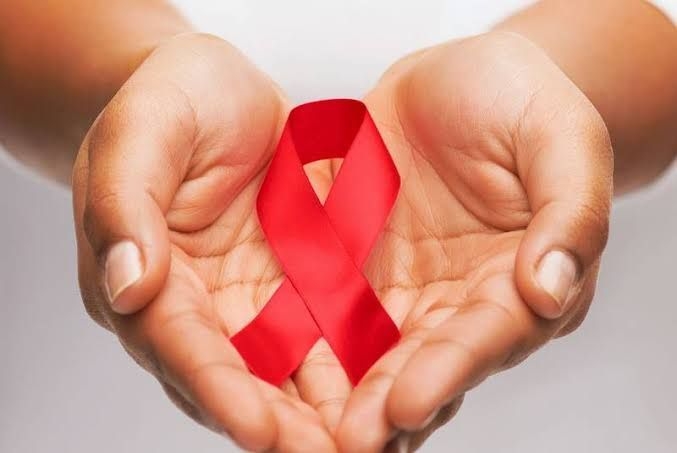New Delhi (NVI): World AIDS Vaccine Day is observed on May 18 every year across the globe to spread awareness about the disease. We all know that there is no HIV vaccine yet. This day is primarily celebrated to emphasise upon the need for an effective and safe vaccine for Acquired immunodeficiency syndrome (AIDS).
This day also marks the efforts of thousands of researchers, scientists, health professionals who have contributed to the process of finding safe and effective AIDS medicine. It is also an opportunity to educate communities about the importance of preventive HIV vaccine research.
Human immunodeficiency virus infection and acquired immune deficiency syndrome (HIV/AIDS) is a spectrum of conditions caused by infection with the human immunodeficiency virus (HIV).
Humans can get or transmit HIV only through specific activities. Most commonly, people get or transmit HIV through sexual behaviors and needle or syringe use.
HIV is transmitted through bodily fluids that include: blood, semen, vaginal and rectal fluids, breast milk. The virus doesn’t spread in air or water, or through casual contact. It causes AIDS and interferes with the body’s ability to fight infections. It damages the immune system. The virus was first clinically reported in the US back in 1981.
More than four decades have passed since the outbreak of the epidemic, but an effective vaccine against the disease has still not been developed.
In 1997, during a speech, Bill Clinton, the then United States President, asked scientists from around the world to work towards creating a vaccine for AIDS. He said that this would be the only way to limit its spread and eventually wipe it out.
The first World Aids Vaccine Day was first observed on May 18 in 1998, one year exactly after Clinton’s speech. Every year since then, the ceremony takes place and activities are organised around the globe.
The main objective of these activities is to raise awareness of the need for AIDS vaccines and to educate people about how HIV can be prevented.
In 2019, on this day, the World Health Organisation (WHO) said that there were approximately 37.9 million people living with HIV at the end of 2018.
Among them, 79 per cent have been diagnosed with the disease and 62 per cent were receiving some kind of immunity treatment.
However, due to COVID-19 lockdown, no gatherings will take place this year to observe the day. Interactions with scientists and healthcare professionals will be held through video-conferencing.








